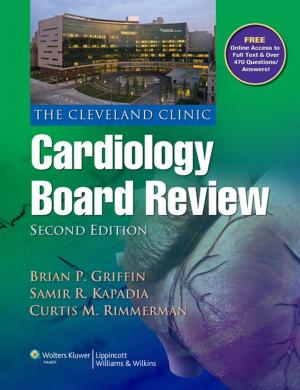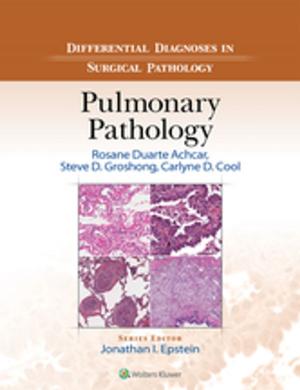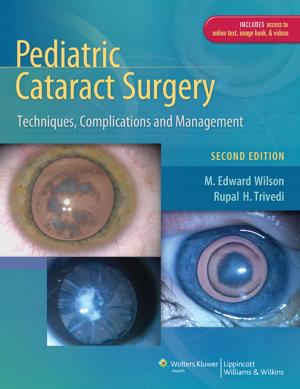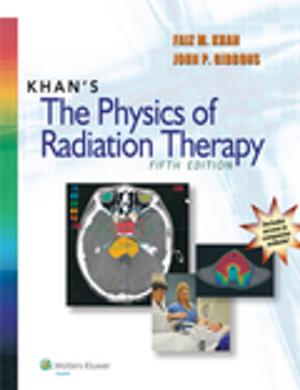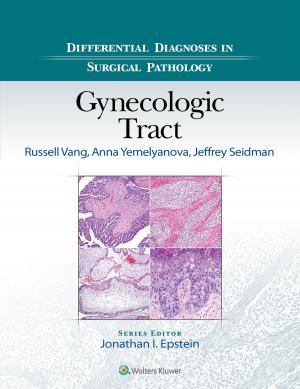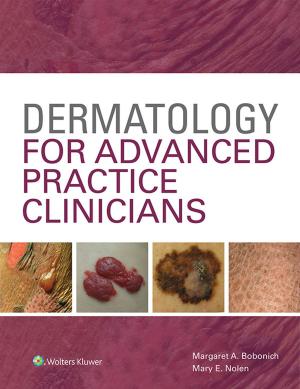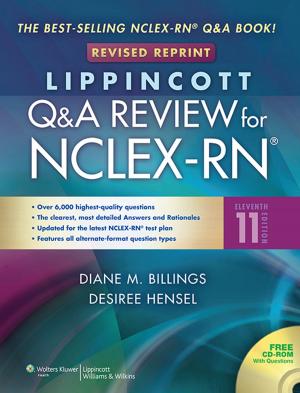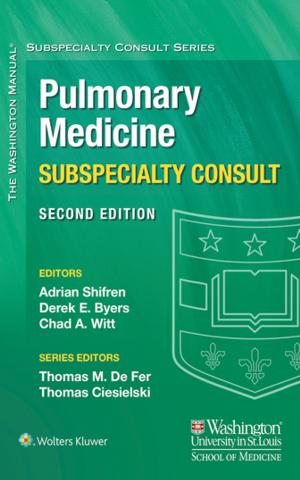The Bethesda Handbook of Clinical Oncology
Nonfiction, Health & Well Being, Medical, Specialties, Oncology| Author: | Jame Abraham, James L. Gulley, Carmen J. Allegra | ISBN: | 9781469870601 |
| Publisher: | Wolters Kluwer Health | Publication: | January 6, 2014 |
| Imprint: | LWW | Language: | English |
| Author: | Jame Abraham, James L. Gulley, Carmen J. Allegra |
| ISBN: | 9781469870601 |
| Publisher: | Wolters Kluwer Health |
| Publication: | January 6, 2014 |
| Imprint: | LWW |
| Language: | English |
The Bethesda Handbook of Clinical Oncology is a clear, concise and comprehensive reference book for the busy clinician to use in his or her daily patient encounters. It focuses less on etiology, pathophysiology, and epidemiology, and considerably more on practical clinical information. Cancer management information is presented in a reader-friendly format that offers a comprehensive review of each disease along with the most commonly used treatment regimens, including chemotherapy dosing and schedules. Features: Clear, concise, complete reference book for busy clinician for daily patient management User-friendly formatting – tables, algorithms, charts, bullet points Contributors all from NIH (or they trained there) Great for board exams Organized by body region New to this edition: Add a chapter on Cancer Genetics and expand the Basics of Genomics for practicing oncologists to include the clinically relevant molecular tests. Major addition will be to add about 5 board review question and answers per chapter - more than 200 board review questions New treatment regimens added to all appropriate chapters New clinical trial data added on treatment More chemotherapeutic agents added (including newer regimens and dosages)
The Bethesda Handbook of Clinical Oncology is a clear, concise and comprehensive reference book for the busy clinician to use in his or her daily patient encounters. It focuses less on etiology, pathophysiology, and epidemiology, and considerably more on practical clinical information. Cancer management information is presented in a reader-friendly format that offers a comprehensive review of each disease along with the most commonly used treatment regimens, including chemotherapy dosing and schedules. Features: Clear, concise, complete reference book for busy clinician for daily patient management User-friendly formatting – tables, algorithms, charts, bullet points Contributors all from NIH (or they trained there) Great for board exams Organized by body region New to this edition: Add a chapter on Cancer Genetics and expand the Basics of Genomics for practicing oncologists to include the clinically relevant molecular tests. Major addition will be to add about 5 board review question and answers per chapter - more than 200 board review questions New treatment regimens added to all appropriate chapters New clinical trial data added on treatment More chemotherapeutic agents added (including newer regimens and dosages)

